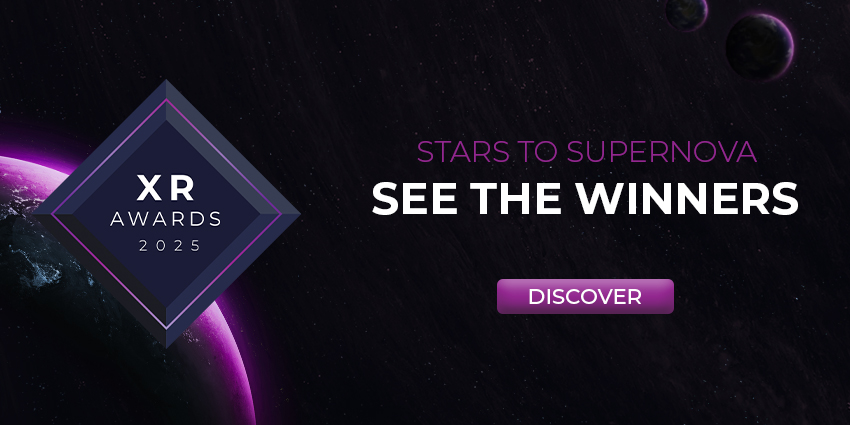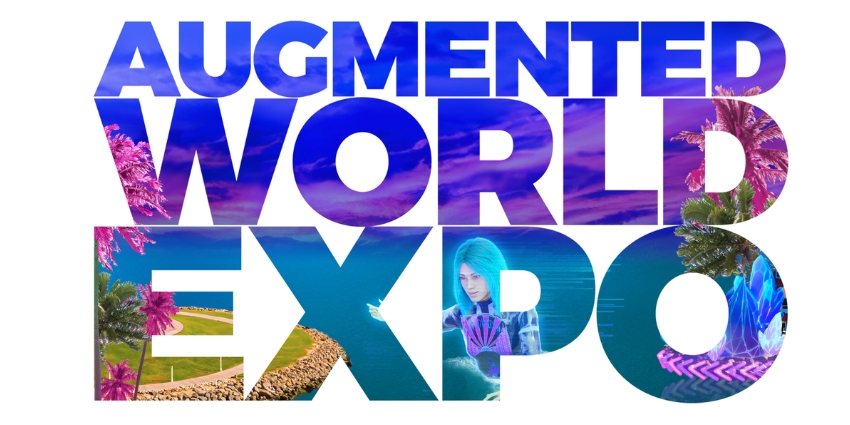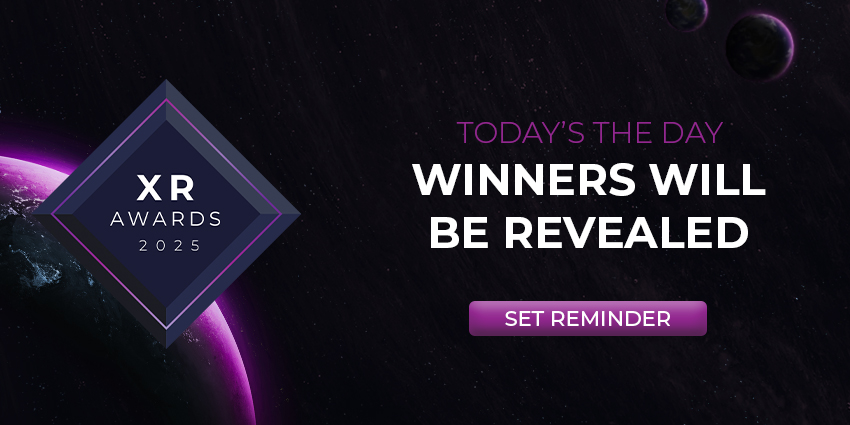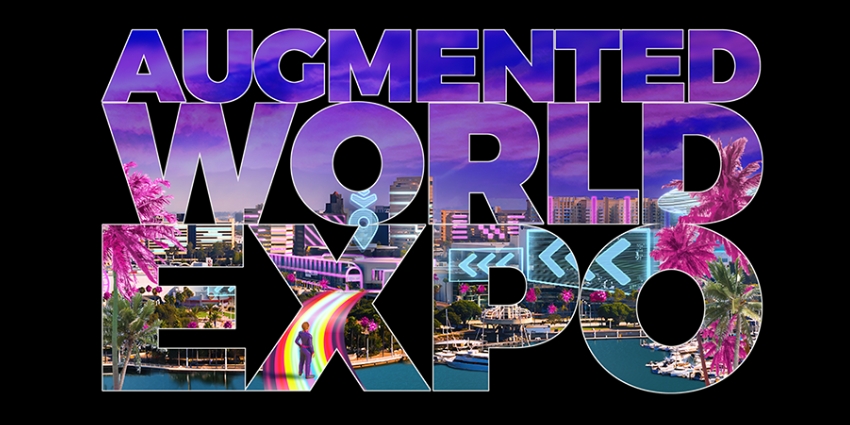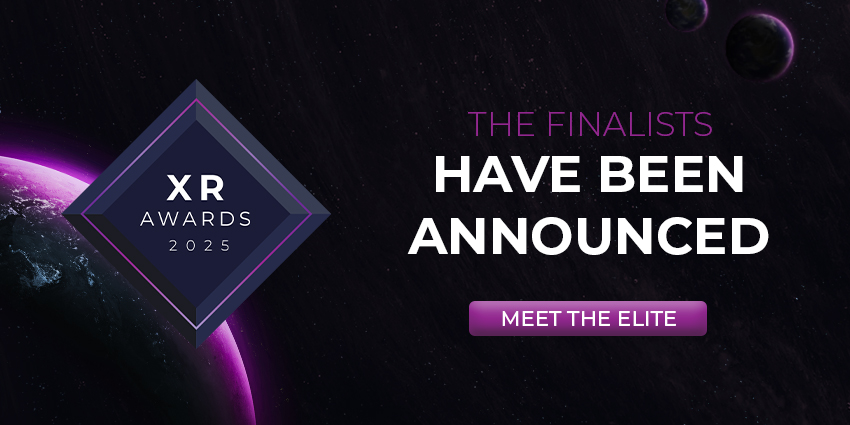XR Today attended a philosophical discussion on the nature of the Metaverse on Wednesday, where several key executives in the virtual and augmented reality (VR/AR) industry debated on what and who determined the features of the rising platform.
Marcin Klimek, Chief Executive and Co-founder of ExplodedView, hosted the discussion for panelists Veronica Costa Orvalho, Founder and CEO for Didimo Inc, Timmu Tõke, Chief Executive for Ready Player Me, and Krzysztof Wróbel, CEO for Virbe.
The news comes after Mark Zuckerberg, Facebook Chief Executive and Founder, announced in early August his firm would shift to become a “Metaverse company”.
A major growth of interest in the platform has sparked massive investment from the Menlo Park-based firm, along with other key enterprises such as NextechAR, HTC VIVE, STYLY, and many others.
The Metaverse: The Undiscovered Country
The rising popularity of the potential successor to the Internet had been discussed for the past three decades and aimed to combine the internet, virtual reality, and augmented reality, Klimek explained.
Mrs Orvalho stated the Metaverse was an “enabler for people to do more of what they love” and allowed users to intereact in easier and richer ways.
Building experiences in the Metaverse created “an additional layer of who and what” users are and allowed them to extend those features as well as create new identities, she said.
She continued, stating,
“The more provocative question is how we can involve and get involved in this Metaverse in the most authentic way [as] a place we can actually trust […], and is that even a possibility or worth exploring”
Wróbel added it was difficult to determine if an actual Metaverse existed and called for clarity on a specific point of reference for the platform.
Citing examples such as Second Life, he added people should define “the first medium for the Metaverse” to expand on specific issues related to the platform.
But Tõke added that no single platform, website, or internet company could become the Metaverse. Despite the $170 billion USD gaming industry, which hosted several platforms where millions of gamers interacted in virtual environments, he questioned how such worlds defined the Metaverse.
“Our answer to that is connections between those worlds. [We need] a more persistent experience across those worlds… that’s what makes a Metaverse. It’s a connected virtual world that consists of thousands or millions of different places, built by developers for different purposes, but they are connected and feel like a persistent experience”
Many platforms called themselves Metaverses, but were only a single point of interaction, he said, adding the solution was “to connect those worlds”, which was a difficult task with many technical, business, and philosophical problems to tackle.
The Metaverse: Open Or Closed?
When asked whether Facebook alone could successfully build the Metaverse, Tõke and Orvalho replied, “no”, with the former citing the potential dystopia of “Ready, Player One”.
He continued, stating his company was building cross-game services for over 150 tech firms, adding,
“That’s the first good layer to start building [a] connection, and more things like that need to exist for individual developers to build and connect those worlds, so the open Metaverse would be bigger and more powerful than any big company with a lot of capital like Facebook”
Orvalho added larger enterprises needed to facilitate interoperability between virtual spaces to build a successful Metaverse by building capable technologies, as well as developing “a complete mind shift in the way we approach” doing so.
The panelists agreed and called for a global standard for developing the Metaverse, similarly to the Internet, as none existed to date. Tõke additionally cautioned many large companies would attempt to dominate the internet and urged the Metaverse to develop under an open framework.
The panel talk comes amid the ongoing VR/AR Association (VRARA) Global Summit: Europe Edition, which is taking place from September 29th to October 1st.
The online event is hosted by Hopin and has gathered over 300 of the world’s top XR firms, including Pico Interactive, Lenovo, Unity, Samsung, Facebook, HP, HTC VIVE, Nextech AR, as well as numerous organisations to discuss critical topics on the global industry to date.


